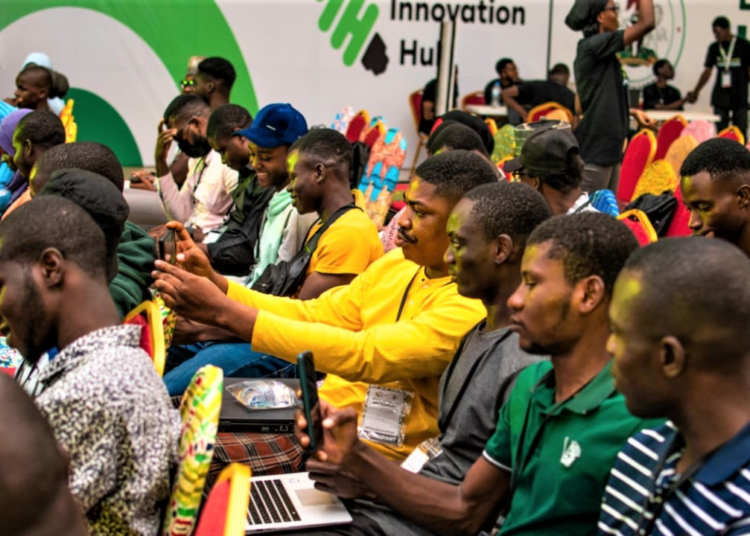About 80 per cent of Nigerian companies expect to experience technology skills gap this year due to the brain drain of its workforce who are seeking greener pastures in developed nations.
A new report released yesterday by SAP Africa titled ‘Africa’s Tech Skills Scarcity Revealed’ detailed the specific challenges and opportunities for African organisations seeking greater tech skills availability.
According to the report, only 53 per cent of Kenyan organisations expect to experience a skills gap in the next year, compared to 80 per cent of Nigerian companies and 73 per cent of South African organisations.
All Nigerian companies surveyed said they’d suffered a negative impact due to a lack of tech skills, compared to 60 per cent in Kenya and 78 per cent in South Africa. Organisations in Kenya and Nigeria cite attracting skilled new recruits as their top tech skills challenge in 2023.
The managing director at SAP Africa, Cathy Smith, said there is an urgent need to invest in skills development and training to ensure Africa can capitalise on its youth dividend. “More than half of the world’s population growth between now and 2050 will take place in Africa, where 1.3-billion people are expected to be born by mid-century.
“With the correct investment in skills development, Africa’s economy could transition away from its reliance on natural resources to build the world’s future tech workforce, bringing untold economic and social benefit to the continent and its citizens.
The study revealed that African organisations still face some difficulties with attracting, retaining and upskilling suitably skilled tech workers, Smith added. The research was conducted among organisations in Kenya, Nigeria and South Africa in the fourth quarter of 2022.
The report found that a lack of skills is having a negative effect on the continent’s digital transformation efforts. Four in five organisations surveyed reported some negative effect from a lack of tech skills, with 41 per cent reporting that employees are leaving due to the pressures they experience as a result of understaffing.
Other consequences include not being able to meet client needs (reported by 46 per cent), reduced capacity for innovation (53 per cent), and losing customers to competitors (60 per cent). Nearly all organisations expected to experience a tech skills -related challenge in 2023.
More than two-thirds (69 per cent) also said they expect to experience a skills gap in the year ahead. According to the data, the top skills challenge for African organisations is attracting skilled new recruits, although in South Africa the retention of skilled employees narrowly edged out attracting skills as the top challenge.
In response to the ongoing tech skills challenges, organisations are taking bold steps to ensure they have access to the correct tech skills. Forty-one percent said that upskilling of existing employees would be a top priority in 2023, while 40 per cent said the same about reskilling employees.
“Companies are also adopting technology tools and flexible work practices to ensure they can attract, retain and mobilise the correct mix of tech skills,” said Smith.
“Seven in ten organisations currently use a human capital management or employee experience tool, while nearly half (45 per cent) of companies were open to remote work, although most want employees to be in the office at least some of the time. This new workplace dynamic will require leaders to co-create new models for work, with constant collaboration with employees to ensure alignment with company objectives and culture,” she said.
The report further found that the most in-demand skills include cybersecurity and data analytics (63 per cent), developer and industry skills (49 per cent), and digital transformation skills (48 per cent). More than two-thirds (69 per cent) cited technical skills as an important attribute when recruiting, while 66 per cent said industry-specific skills were important to them.





